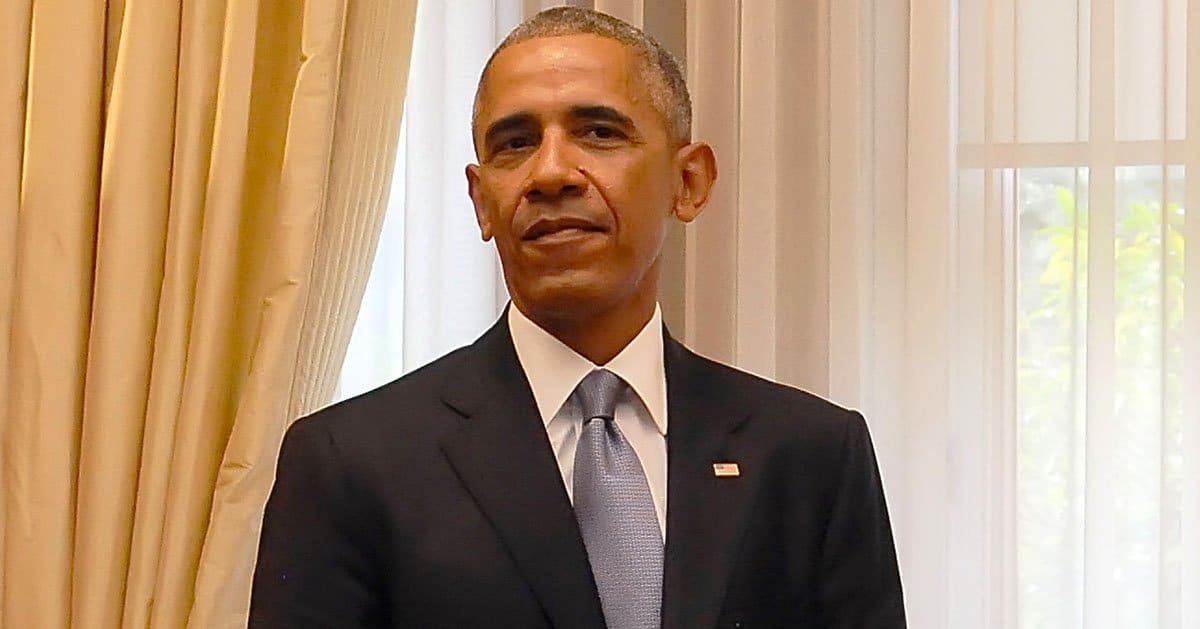

In a notable legal development, the Supreme Court has chosen not to revisit a case previously ruled on by Justice Amy Coney Barrett, solidifying her decision made during her tenure at the Seventh Circuit Court of Appeals.
Newsweek reported that the high court's refusal to review the case confirms Barrett's ruling as the decisive stance on the matter, which involved a gender discrimination and due process violation lawsuit brought by a student against Purdue University.
The case at the center of this judicial scrutiny, John Doe v. Purdue University, began when an anonymous student challenged the fairness of his suspension over allegations of sexual assault. This disciplinary action not only impacted his academic standing but also his participation in the Navy ROTC program, escalating the stakes of his grievance.
Justice Amy Coney Barrett, before her appointment to the Supreme Court, was part of a three-judge panel on the Seventh Circuit Court of Appeals that ruled in favor of John Doe. The panel found that Purdue University's handling of the sexual assault allegations violated Doe's rights to due process and discriminated against him based on gender.
In her opinion, Barrett suggested that it was "plausible" Purdue's investigation was biased, leading to a prejudiced outcome against the male student. This assertion laid the groundwork for the appellate court's decision, which reversed a lower court's dismissal of Doe's claims.
The Supreme Court's recent decision to not take up the case effectively leaves Barrett's appellate ruling in place. This outcome has garnered significant attention, given Barrett's recusal from the Supreme Court's consideration of the case and her pivotal role in the original appellate decision.
The Supreme Court's order list explicitly stated the denial of the petition for a writ of certiorari, highlighting Justice Barrett's absence from the decision-making process due to her prior involvement in the case. This move has sparked a dialogue about the justices' ethical guidelines and the reasons behind their recusals.
Experts like Alex Badas from the University of Houston have weighed in, interpreting the court's decision as a tacit endorsement of Barrett's ruling. Badas also pointed out the lack of explanation from justices regarding their recusals, marking a divide along ideological lines.
Legal observers have closely followed Barrett's judicial record, especially after her nomination to the Supreme Court by President Donald Trump in 2020. Her decisions, particularly in cases like John Doe v. Purdue, are seen as crucial indicators of her stance on issues of gender discrimination and due process rights.
The significance of the John Doe v. Purdue case extends beyond the immediate legal battle. Publications like Fortune Magazine and advocacy groups have highlighted the case as a window into Barrett's judicial philosophy, particularly concerning her views on gender discrimination and sexual assault within the academic context.
Moreover, the appellate court's decision to not mandate a recusal of the district court judge on remand, despite attempts to assign the case to a magistrate judge viewed as biased by Doe, added layers to the legal controversy.
Doe's attorney, Philip Byler, expressed disappointment with the Supreme Court's refusal to review the case. Byler criticized the decision, emphasizing the importance of addressing alleged corruption and bias in the legal process, particularly in cases with significant societal implications.
The Supreme Court's stance on this case underscores the complexities of navigating allegations of sexual assault within the university setting, the application of due process rights, and the potential for gender bias in investigative processes.
The refusal to review the case leaves Barrett's ruling as a significant precedent, one that may influence future litigation involving similar claims of gender discrimination and due process violations in educational institutions.
As legal and civil rights advocates digest the implications of this decision, the debate over how best to balance the rights of the accused with the need to address sexual assault allegations continues to evolve.
In conclusion, the Supreme Court's decision not to review John Doe v. Purdue University cements Justice Amy Coney Barrett's appellate ruling as a defining moment in the legal discourse on gender discrimination and due process rights. This outcome not only upholds Barrett's influential decision but also sets a precedent that will likely shape future cases involving similar issues. As the legal community and society at large grapple with these complex issues, the significance of this decision will continue to resonate in the quest for justice and equity.



